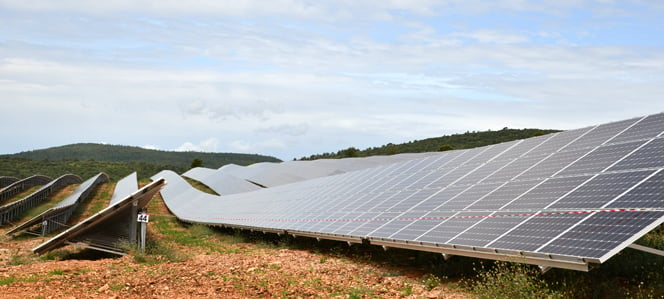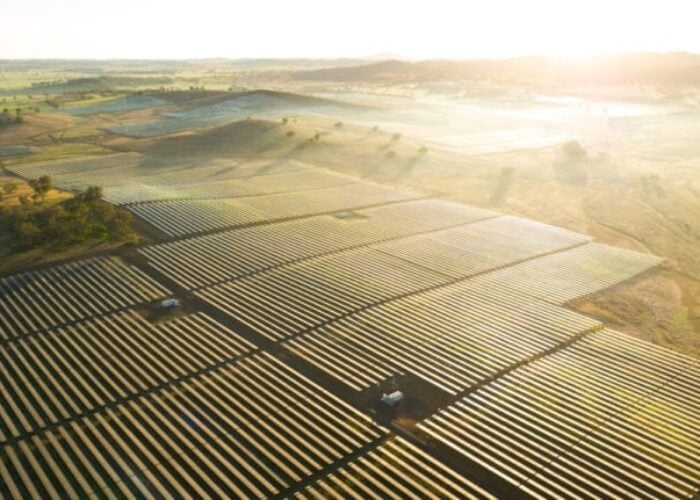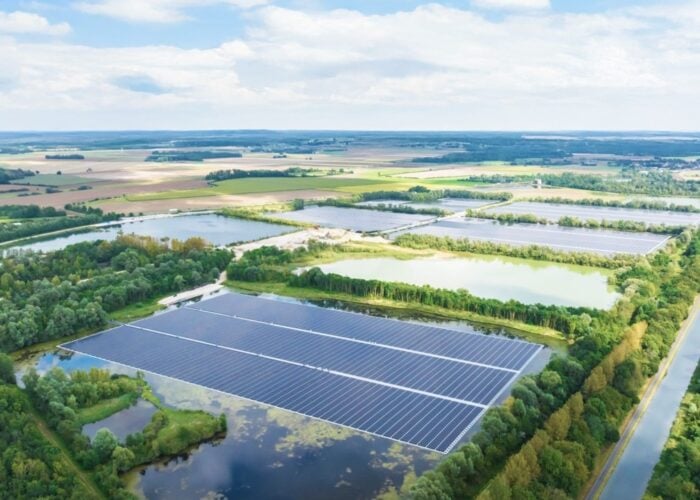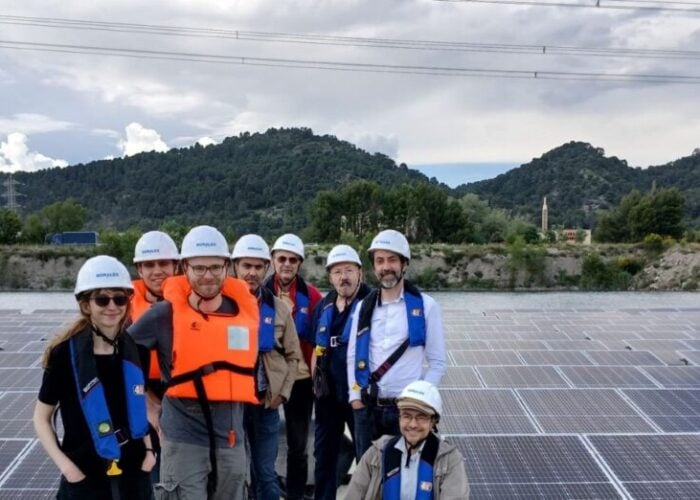
France’s grid operator RTE has warned of tighter than forecast power supply margins, with delays to renewables development in the country expected to exacerbate a shortfall of nuclear generation.
In its report on the electricity system’s operational health between 2021 and 2030, published earlier today (24 March 2021), RTE warned that power supply margins between now and 2024 would be more constrained, with the forthcoming winter period of 2021/2022 requiring “particular vigilance”.
Unlock unlimited access for 12 whole months of distinctive global analysis
Photovoltaics International is now included.
- Regular insight and analysis of the industry’s biggest developments
- In-depth interviews with the industry’s leading figures
- Unlimited digital access to the PV Tech Power journal catalogue
- Unlimited digital access to the Photovoltaics International journal catalogue
- Access to more than 1,000 technical papers
- Discounts on Solar Media’s portfolio of events, in-person and virtual
The report, a legal responsibility of the system operator in France, warns that a combination of outages at France’s existing nuclear fleet for maintenance, continued delays in the construction of the Flamanville reactor and delays affecting the deployment of renewables – particularly solar and offshore wind – have led to less power generation than expected being available in the short-term.
In particular the report, which can be read in full here, warns that a downturn in economic activity related to the COVID-19 pandemic has created a downturn in the deployment of solar, meaning that the country’s 2023 targets for deployment appeared “out of reach for solar”.
However the report also stresses that even notwithstanding the disruption felt in 2020, solar deployment in particular has failed to live up to expectations. Against an expectation of around 20GW of solar PV by 2023, France is on track to have a cumulative solar generation capacity closer to 15GW by that date.
This is set to create pinch points over the coming three years, before a return to more normalised power supply margin between 2024 and 2026 as the Flamanville reactor and greater quantities of renewables come on stream.
RTE has, however, established a list of priorities to be pursued in the short term to help alleviate supply constraints, chief among them being to increase the deployment of renewable power in the country to help meet the objectives set within RTE’s multi-year planning approach.
Between 2024 and 2026, greater quantities of demand response and interconnectors are also expected to play a key role.
Xavier Piechaczyk, chairman of the board at RTE, said the country needed to strengthen its short-term margins in order to create a steadier transition for its electricity system.
“We are already on the path to decarbonisation, not only of the electricity system itself, but more broadly of the entire economy, by allowing transfers of uses from fossil fuels to electricity. It is essential to achieve our climate goals,” he added.







